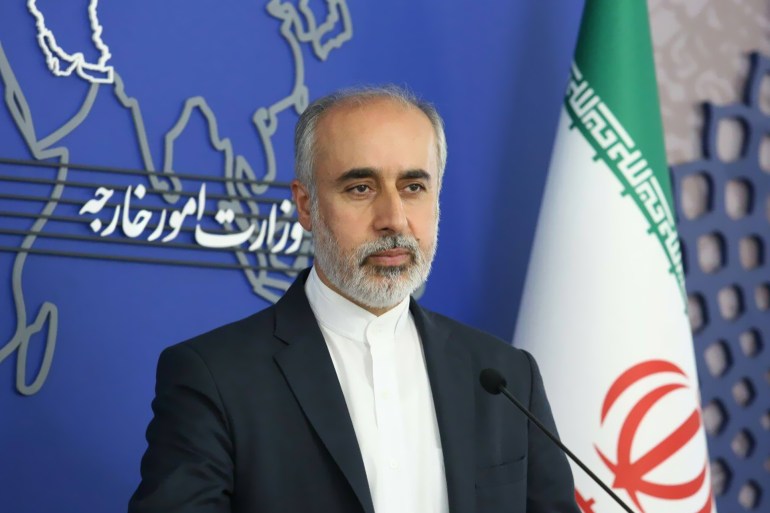European Union Foreign Policy Commissioner Josep Borrell said that Iran's response to the European proposal to revive the nuclear deal was reasonable.
Borrell added during an event at a Spanish university that the Iranian response was conveyed to the United States, which has not yet officially responded to it.
Borrell indicated that a meeting was likely this week in Vienna on reviving the nuclear deal, without providing additional details about it.
For his part, the Russian envoy to the Vienna negotiations, Mikhail Ulyanov, said that he met the new permanent representative of Iran to international organizations in Vienna, Mohsen Naziri, and they discussed a number of issues related to the final stage of the Vienna negotiations on the nuclear agreement.
He added that Iran had made reasonable proposals regarding the nuclear agreement, and the Russian official expressed his hope that Washington would not delay in responding to the Iranian proposals, as he put it.
accusation of procrastination
Iran accused - on Monday - the United States of procrastinating in responding to its proposals to revive the 2015 nuclear deal, while Israel described the possible draft agreement on the Iranian nuclear program as bad.
During a press conference in Tehran, Iranian Foreign Ministry spokesman Nasser Kanaani said that Washington is procrastinating in responding to the Iranian proposals, and that it is responsible for the current situation in the negotiations.
Kanaani added that his country has not yet received the American response, pointing out that Tehran's response to the European proposal was timely and seriously.
The Iranian Foreign Ministry spokesman also said that relatively good progress has been made in the talks aimed at reviving the 2015 agreement, adding that the remaining issues in the negotiations are few, but they are important and must be agreed upon.
Kanaani held Washington responsible for the current status of the negotiations on the Iranian nuclear issue (Iranian press)
He added that it is possible to move to the next stage of negotiations if Washington acts responsibly and takes its decision, saying that if Tehran needs to reach an agreement, the Europeans and the United States need it more.
Kanaani stressed that Iran will not retreat from its legal rights, and said that "the Zionist entity has a subversive role, and we do not expect anything else from it, and Washington must decide based on its interests."
Iran had sent its response to the European draft, and Washington said it was studying with its allies the Iranian response, indicating that it was ready to comply with the 2015 nuclear deal if Tehran did the same.
As part of the Vienna negotiations, the European Union presented a draft agreement providing for a gradual lifting of sanctions on Iran, provided that Tehran retracts steps described as violating the 2015 agreement.
Informed sources had revealed to Al Jazeera that the European draft of the nuclear agreement includes 4 stages and two time periods for the parties to return to their commitments.
Quad top
US President Joe Biden, French President Emmanuel Macron, British Prime Minister Boris Johnson and German Chancellor Olaf Schulz held a joint phone call, during which they discussed the Vienna negotiations.
The White House said that the four leaders stressed strengthening the support of partners in the Middle East and joint efforts to deter and restrict what it called Tehran's destabilizing activities.
Last week, Tehran sent its response to the Europeans regarding their proposal to return to the nuclear agreement, declaring that it was waiting for a response to its proposals from the opposite party.
As for the United States, it said that it will present its views on the final draft text of the European Union to save the 2015 nuclear agreement in private and directly to the European Union’s foreign and security policy official, Josep Borrell, without revealing details about it.

